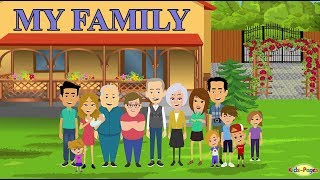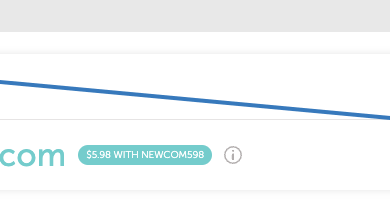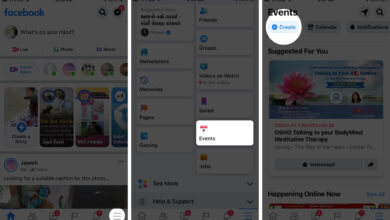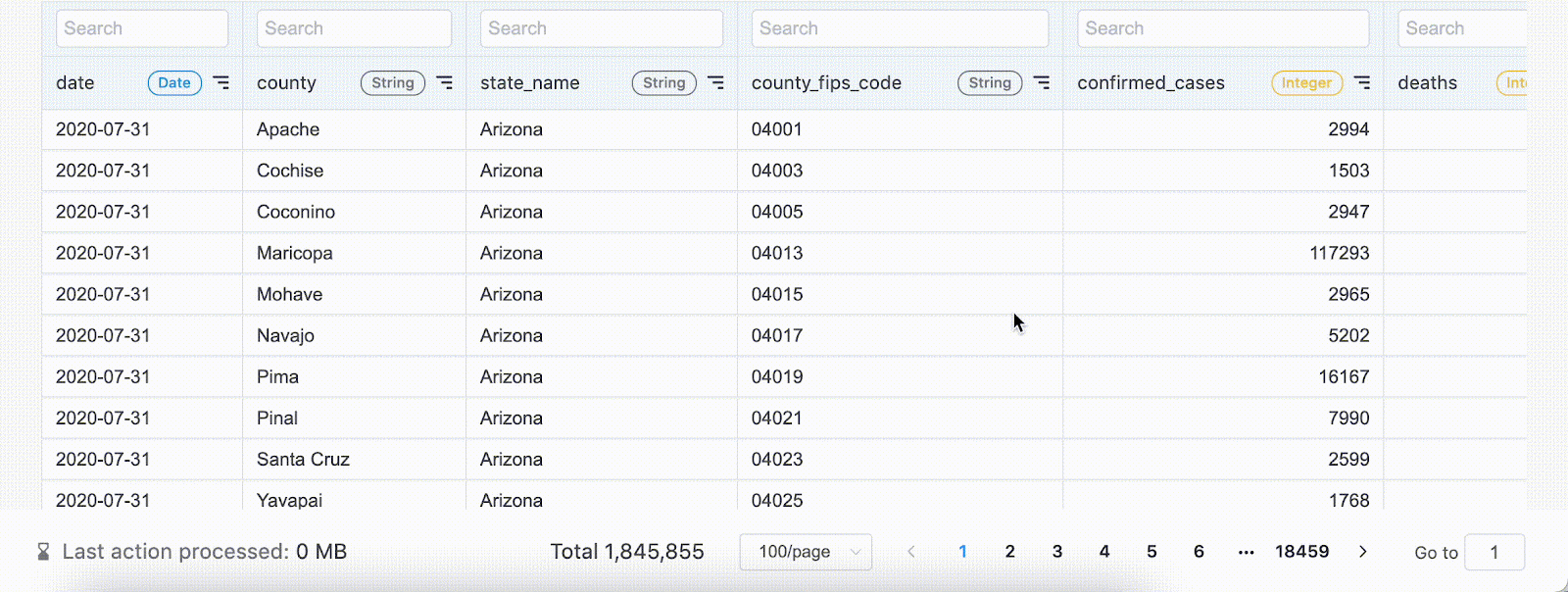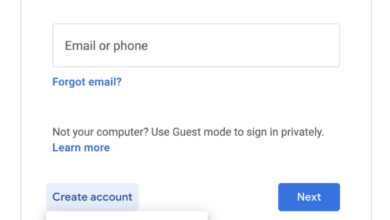A top recruiter on what anyone can see after 30 seconds with your resume

This question originally appeared on Quora: What do recruiters look for on a resume at first glance? Answer from Ambra Benjamin, Engineering Recruiter.
I’m not looking through stacks of resumes anymore. i hate paper I do everything online.
Reading: How to create a resume quora
There has been a mysterious way the Wizard of Oz took a look at the recruiting world for many decades that I feel is somewhat abused. People seem genuinely intrigued by what’s going on behind the scenes, although in reality the recruiters aren’t running the covert operations that many think they are. “Does this candidate seem to have any chance of being well suited for this role? If yes, continue to the next step. If no, decline.”
I will highlight how I personally record a resume. First of all, I should say that I am currently recruiting mainly senior-level software engineers. In my past life I’ve recruited for PMs, MBAs, Finance, Sales and just about everything. Everything I’m going to say now applies broadly to all of these areas. I was also a campus recruiter and you read recent graduate resumes a little differently as the experience is less rich. So for non-new grads, here’s how my brain is running:
- Last Role. I’m generally trying to figure out what this person’s current status is and why/if they might even be interested in a new role. Have they only been in their last position for three months? If so, probably not the best time for me to reach out, right? Unless they work for Zynga or someplace tragic like that (said with great respect for Farmville, the app that popularized Facebook apps). If it’s an incoming resume, I wonder why the candidate is searching now. Are they fired? Were they fired? Have they only been in their role for a few months and may they hate it? But most importantly, is their recent experience relevant to the position I’m hiring for?
- Company recognition. I won’t even lie. I’m a corporate snob. Now don’t get all Judgy McJudgerson about my judgment. let me finish It’s not even that I think certain companies are better than others (although some certainly are). It’s all about how quickly I can assign a frame of reference. This is also referred to as “credibility”. Oh, you worked at Amazon? Then you’re probably used to working on large-scale projects. Are you at a well-known crash-and-burn startup? You probably wore a lot of hats and ran at a sprint pace. There are some pretty obvious if/then associations I can make just by recognizing a company name. Since recruiters have usually been doing this job for a long time, we recognize patterns and trends among candidates from specific companies and use them to formulate assumptions. There are edge cases and our assumptions can fail us, but again, this is a CV check. We’re talking about a less than 20-second analysis. Matching the frame of reference is often more difficult when a candidate has only worked for obscure companies I’ve never heard of. Not being able to give the company credit just means I need to read the resume a little more closely, which isn’t usually a problem unless it’s poorly formatted, poorly written, uninformative and full of misspellings – in this case you may have lost my interest.
- Overall experience. Is there any career advancement? Does the person have increasing responsibility? Do the titles make sense? (You’re the VP of Marketing for a five-person company? Hell, I would be too.) Do the responsibilities listed there match what I’m looking for?
- Keyword search. Does the person have the specific experience for the position I am hiring for? There were times when I command +F the crap out of resumes. Especially the long ones that are hard to follow. This isn’t foolproof, but when I’m searching for, say, an iOS engineer and the words “iOS” or “objective-c” don’t even appear as a cameo on someone’s resume, I have to furrow my eyebrow, read in little deeper and find out what the heck is going on. Throughout my career I’ve supported hiring for various profiles and have done so on many occasions looking for things like Ruby on Rails, Mule, Javascript and seriously anything you can think of. Now if you’re thinking you should keyword it on your resume, think again. Stay authentic. And don’t you dare put your resume online and embed 250 irrelevant keywords below in 5pt white text. I’m with you. But I think you should be vigilant to make sure that the really important keywords that are in your experience are in your resume.
- Gaps. I have nothing on the other hand, gaps as long as there is a sufficient explanation. Oh, you took three years off to raise your kids? Good of me, and may I add #respect. Have you tried starting your own business and failed miserably? Very impressive! gap adequately explained. Whatever it is, just say it.It’s the lack of an explanation that surprises me. Still, I understand that sometimes people are uncomfortable sharing certain things in a professional context. If you had a gap, surely you were busy with something during that time, right? Be creatively honest and just name this period of your life in a way that you realize might raise an eyebrow.
- Personal Online Footprint. This is not required. But if you have an online footprint and have bothered to include it on your resume, I will click. This includes personal domains, Quora profiles, Twitter handles, GitHub posts, Dribbble accounts, or anything a candidate has chosen to list. Two times out of three, I almost always click through to a candidate’s website or Twitter account. It’s one of my favorite areas of recruiting. You never know what you’re going to get.
- General logistics. Location, Eligibility to work in the United States. I’m trying to make a few rough guesses here, but this isn’t about singling out anyone, just trying to figure out their story.
- Overall organization. This includes spelling, grammar, Ease of use, ability to present ideas clearly. If you’re in marketing and you’ve lost me on the first three, I have concerns.
- Total time it takes me to do all of the above: < 25 seconds.*
See also: How to Build a School Website Using WordPress
Note: I will probably read the CV much more carefully later, but only if I already know that I like the candidate. It takes me less than a minute to fully digest a resume and tag that person for follow up. I read a resume pretty thoroughly as soon as I know I’m going to be speaking to that person over the phone or via email. But I will not thoroughly read a resume from someone who has failed the above categories. Recruiters move fast. I’m trying to break down the barrier for people who might have trouble getting their CV properly recognized.
Things I rarely pay that much attention to:
- Education. There have been times in my career when I could look through hundreds of resumes in a month and not remember even looking at that section once. However, I have to say that as a university recruiter, I almost always looked at the training first because I often lack experience with new graduates. But unless you’re a recent graduate, experience is king. I can think of a few exceptions where a hiring manager might want to have a specific pedigree (e.g. Wharton or HBS MBA) but even that is becoming more and more deprioritized. I will also add that this changes drastically depending on the industry and company. I currently work in engineering, but I’ve also worked in management consulting, and education is very important in consulting. I’d also like to add that some tech companies care more about education than others, for example Facebook definitely favors more engineering candidates who have demonstrated basic CS fundamentals through a computer science degree. However, Facebook employs many engineers who never graduated.
- Fancy formatting. There are exceptions here. I say this with the caveat that I LOVE a creatively formatted resume. However, no amount of fancy formatting will make up for a lack of experience. Also, it’s important to remember that when you apply for a job online, whether it’s a PDF file or not, many companies’ applicant tracking systems will scan your resume for information and convert it into an immediate viewing format convert plain text. Recruiters often don’t see how great your resume is. The original file is usually there for us, but many recruiters don’t click through. If you want to have some fun with your resume, I recommend keeping it in PDF format and also making sure it’s converted to text fairly cleanly so it doesn’t come through our system shakily. Or just email it to a real person.
- Awkward personal details. In Europe, for example, I’ve found that it’s very common to include things like marital status, citizenship and sometimes even weight and height on resumes. A photo is also common. The US is a bit different, and by different I mean very contentious. Many employers try to avoid any kind of discrimination, so recruiters often feel uncomfortable seeing such things on a resume. We just want to know about things related to your career. So please remove your photo from your CV.
- Cover letters. There is a debate about this, but I’m sorry, I don’t read cover letters. I want to see the CV Most of my recruiting peers agree, but I know there are still recruiters who love and appreciate cover letters. I find that many candidates no longer send them at all. I find that most companies that request cover letters do so only to weed out people who didn’t bother to read the instructions.
Things I wish more people would do:
- Personality on the resume bring. We recruiters stare at these letters all day. Throw in a joke somewhere, for heaven’s sake. Very few of us heal cancer. We should loosen up a little. Of course you know your industry. An Easter egg buried in a resume might not go over well if you’re in a very tight-knit industry. I think it’s important to keep the details of the work experience as professional as possible, but believe me there are ways to have fun with it. I absolutely LIVE for creatively written LinkedIn profiles. For example, this guy is the boss. I have emailed his LinkedIn profile to dozens of friends and colleagues over the years. (He’s knowledgeable about his industry. Probably not a good match to talk about marijuana on your LinkedIn profile if you’re aiming for Bank of America’s communications director.)
- Include URLs for online footprints. I see. We’ve exaggerated our move towards a more private society, but if you want to get noticed, post some stuff on the internet. Contribute to open source repositories. Demonstrate some level of expertise/interest outside of your 9-5.
- List important personal projects. I ask this in almost every phone interview I give. “What do you work on in your free time?” I’m always inspired by that. Also shows me you’re passionate about your industry.
Things I wish people would stop doing:
- Using MS Word resume templates. Especially the ones with the double horizontal lines above and below the candidate’s name.
- Write resumes in the first person . Exceptions are sent to people who do it. If no one has ever told you that you’re smart, then you probably aren’t that smart. Don’t do it.
- Allow your resume to be a ridiculous number of pages. Unless you are a tenured college professor and Nobel Laureate with multiple published papers, you do not need more than an 8-page resume. That’s not impressive; that’s unbearable.
- Confusing first person and third person or present and past tense. Choose a voice, a tense, and then stick with it. I suggest third person and past tense. If I were you, I would remove pronouns (e.g. my, I, she, he) from your resume altogether. Instead of writing, “I helped increase overall sales by 300% by raising rabbits in my garage,” delete the “I” in that sentence. Go through your resume, remove any pronouns, and rewrite the sentence so it sounds like a bullet point. By “past tense” I mean that your resume should always be written from the perspective of something you’ve already done, not something you’re doing now.
- A goal at the top of the list your CV . Dude, seriously? It’s not 1992.
- Mailing, faxing or handing out paper resumes. Immediate disqualification. Don’t pass by. While I have your attention, let’s address that last point for a moment: resumes for personal delivery of papers. Look, I see. People try to stand out. I totally respect the rush. But in 2015, HR professionals are overwhelmed, anxious, and nervous. If a random stranger shows up unannounced and asks to speak to someone in HR or recruiting, we wonder if you have a gun and a vendetta, and we’ve probably alerted security. It’s really creepy. That’s not really how the corporate world works anymore, and oftentimes it can be an undue burden for people to rearrange their schedule to make time to talk to you, making them grumpy, which doesn’t exactly put you in a good position brings as a potential candidate.
- Sending resumes to the CEO that end up unopened on a random recruiter’s desk. This is a rough generalization here, and exceptions will be made for smaller companies done, but um, CEOs don’t often read resumes. We laugh at people who do this sometimes.
- Exaggeration of titles and responsibilities. The truth will come out.
If you disagree with something I said here, you are within your rights. Recruiters are paid to be judgmental. I’m totally honest.
Happy hunting.
You can follow Quora on Twitter, Facebook and Google+.
See also: Creating your Tutoring Website from Scratch: A Step-by-step Guide for Tutors
More from Quora:
Should I disclose my compensation to a recruiter?
What makes a good resume?
What are they Worst application mistakes you’ve seen as a recruiter?
See also: How To Create Your Own Custom Google Search Engine
.
